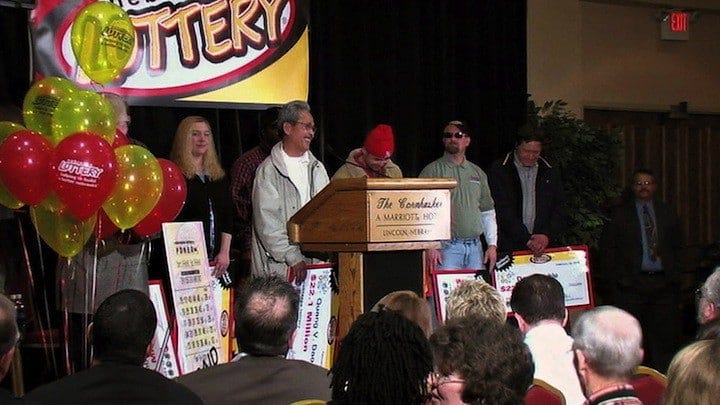The Doc Option: Jeffrey Blitz’s ‘Lucky’ Perfectly Pairs With 2014 Best Picture Nominee ‘Nebraska’

For the rest of the month, we’ll be running doc options for some of the most prominent Academy Award-nominated films from 2014. The first film at the plate is Nebraska, Alexander Payne’s black-and-white travelogue through the rural midwest. It’s received raves for the script and performances, especially those from June Squibb and Bruce Dern, who have bo…
Keep reading with a 7-day free trial
Subscribe to Nonfics to keep reading this post and get 7 days of free access to the full post archives.



